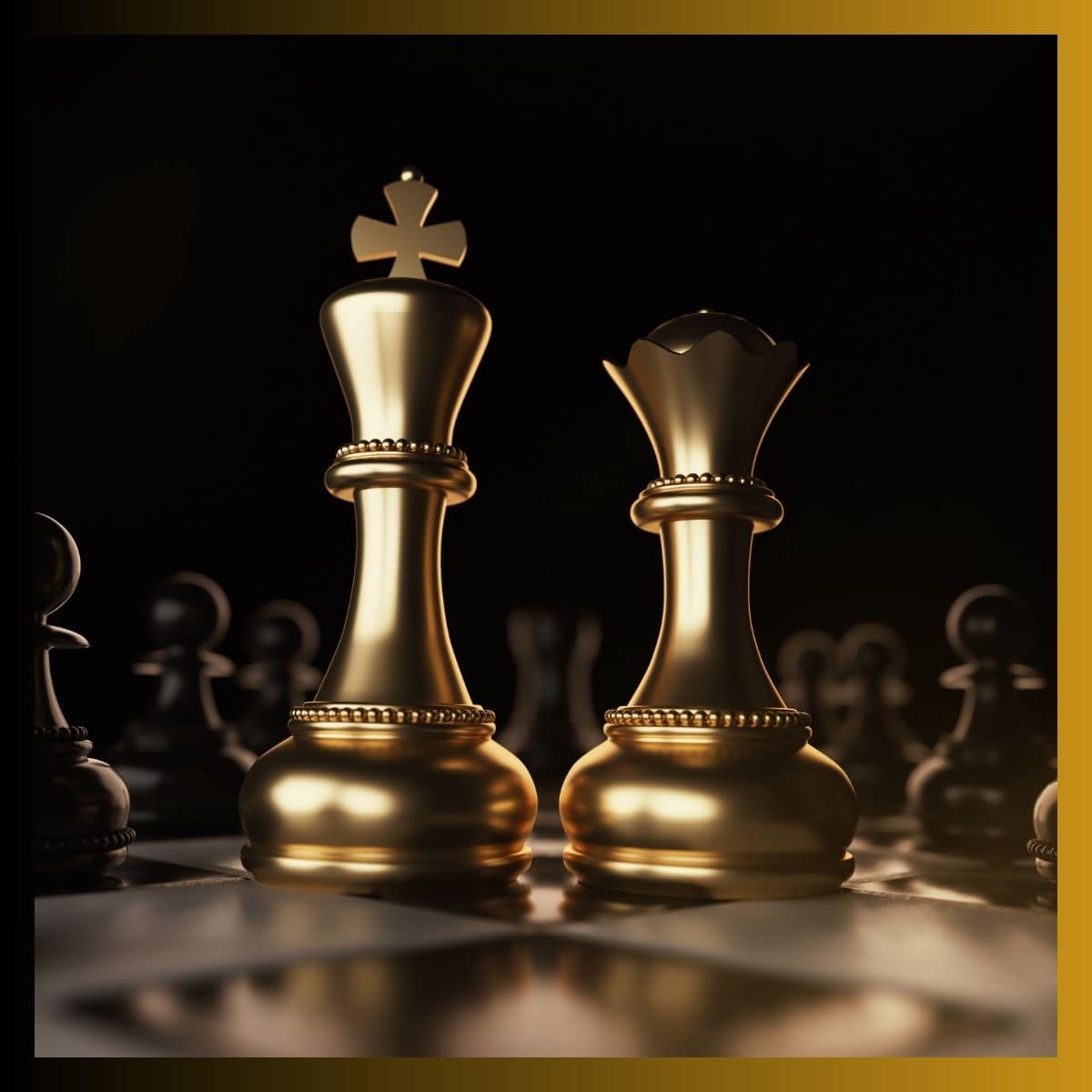I started writing about music for the Rail about four years ago. One of my goals was to investigate the relationship between music and spirituality. The relationship can be felt in everything from a Shaker hymn to a Sun Ra explosion. Music fuses with feeling to become something transformative. We don’t just listen to it, we become it. That gives it some essential power.
Among music’s many other powers is the ability to cross boundaries and make intuitive connections between cultures. In the recognition of that is our own godlike feeling, the ability to travel over the earth, to fly free and to apprehend.
My first piece was on the sui generis mandolin/clarinet virtuoso Andy Statman. I was drawn to the well-articulated lyricism of his music, and further intrigued by the fact that he was an observant Orthodox Jew. Who better to try out my admittedly not fully formed ideas about music and spirituality on than him?
In many ways he agreed with my core ideas about this relationship, but in several others he did not. He wanted to know more about what I meant by spirituality. “For some people, that can just be a cheap high,” he said. Wait a minute, I thought: a cheap high? What about an expensive one? By that I don’t mean the cost of drugs, but the exquisiteness of experience. I associate music with the greatest feelings of completeness and connectedness; nothing cheap there. Give me the good stuff. As Rumi wrote, “Any wine will get you high. / Judge like a king, and choose the purest, / the ones unadulterated with fear, / or some urgency about ‘what’s needed.’”
Before the interview was over, I realized a couple things: that religion and spirituality can’t be conflated, and that Statman’s version of Judaism was quite different than mine. His religious beliefs structured his everyday life and were grounded in ritual; mine were far more attenuated. Still, his mission seemed one way of expressing my own feelings on the subject: “Before I play a gig, I say a prayer that the music will unite people, uplift people, and bring people close to God.” Amen to that.
Over the course of another thirty articles, the topic of spirituality became not the foreground or the lens, but an accompanying line of thought. It seemed applicable to the meditative, spare playing of Cat Toren and to the brooding and booming sound of Bill Laswell; the Black spirituals project Javon Jackson undertook with poet Nikki Giovanni and to the free-form mind/body explorations of Milford Graves. The piece I wrote on Pharoah Sanders (whose recent passing got me thinking about all this) is the one where I tried to address it most directly. I wanted to know why his music seemed so directly connected to spiritual experience. That’s it, you think, when you hear it. But what is it? Is it his sound, his painstakingly wrought voice? That’s a big part of it, but it is also in the continually questing, raw-edged nature of his playing: As I wrote at the time, “Sanders creates a style beyond simple description. His sound announces itself clearly, even gravely. Its spirituality is open-ended. Asked about his religious affiliations, Sanders once said, ‘I try and pray all the time. The day’s like one big prayer to me.’” Amen to that, too.
My latest inquiries have led me to Yosef Gutman Levitt, whose recent self-released recording, Upside Down Mountain, has a distinctly spiritual bent. Levitt grew up on a farm in South Africa, came to study music at Berklee in the nineties with ascendant players like Lionel Loueke, played bass on the jazz scene in NYC for a few years, then decided (like many) that it was an impossible way to make a living. He pursued a tech career and moved to Jerusalem, where he lives with his large family. Levitt recently starting recording music again and began playing with several strong Israeli musicians; pianist Omri Mor and drummer Ofri Nehemya collaborated with him here. Levitt plays a five-string bass, the same as Steve Swallow, whose gentle, questing style informs his own. Remarkably, he conceived of all the works for this recording in a single sitting, improvising “whatever flowed freely from my heart without thinking.” For Levitt, the experience was transcendent: “I was flying the entire four days of recording. I was flying, my soul was alive.”
An observant Jew, Levitt considers these pieces an extension of the nigunim (a type of religious song, often sung by groups) that he has explored in recent recordings. Levitt observed, “When playing Hasidic nigunim, God is above the music, and the music is there in order to make a space through which people connect. In most other forms of music, the music is the thing that people are connecting to. Over here, the music is simply a gateway for people to connect to something higher.” The compositions work easily together, conjuring an atmosphere of appealing gentleness (done less skillfully, this can result in the sometimes windy Wyndham Hill sound)—an aura of what Buddhists call loving-kindness. They are quiet prayers, offered gracefully. The trio achieves a finely distilled group sound, with Mor’s playing, in particular, adding Moroccan-Andalusian overtones that broaden the music’s reach. The music speaks eloquently of a peaceful existence.
All of which brings me back where I started. What is the nature of this link between music and spirituality? Why do certain recordings or performances bring us to a kind of meditative space or fill our hearts with emotion? I think it is several things: it is sound itself, the joys of immersion in these various waves that reach everyone, everywhere; it’s beyond language—if you could say it, you wouldn’t have to play it; as with any craft, it is excellence of expression, or as a friend used to say, you’ve got to master the logistical to get to the mystical; and it is fueled both by the culture in which it is created and the individual drive of the artist.
Coltrane is often held up, with good reason, as the spiritual musician par excellence. Yet as the documentary Chasing Trane points out, he didn’t start out with any kind of saintly aura, in fact, at the beginning of his career, he really wasn’t even very good. But he transformed himself for the sake of the message he needed to convey. Something was being expressed through him, and he made himself a ready and willing vehicle for it. As Coltrane himself observed, with the simple eloquence that belied the force of his playing, “To be a musician, it’s really something. It goes very, very deep. My music is the spiritual expression of what I am. My faith, my knowledge, my being. I know that there are bad forces. I know that there are forces out here that bring suffering to others and misery to the world, but I want to be the opposite force. I want to be the force that is truly for good.” In other words, we may have hope for some heavenly reward, but it is through our expression of that wish in this world that we discover the true promise of glory.












